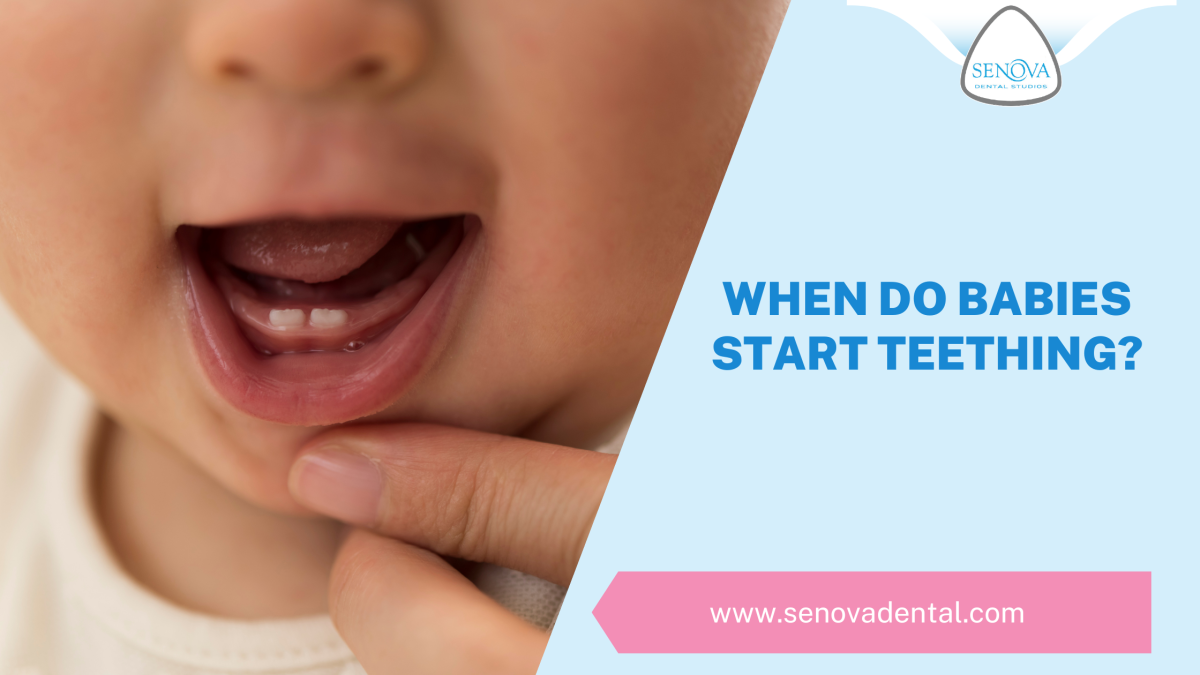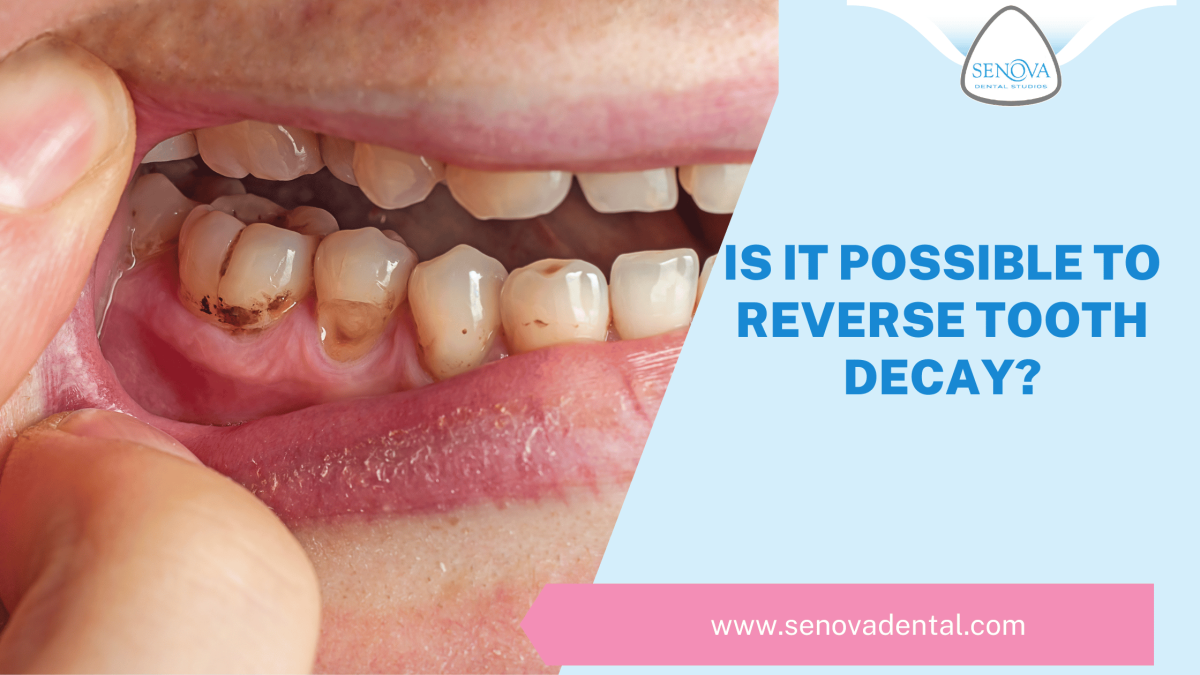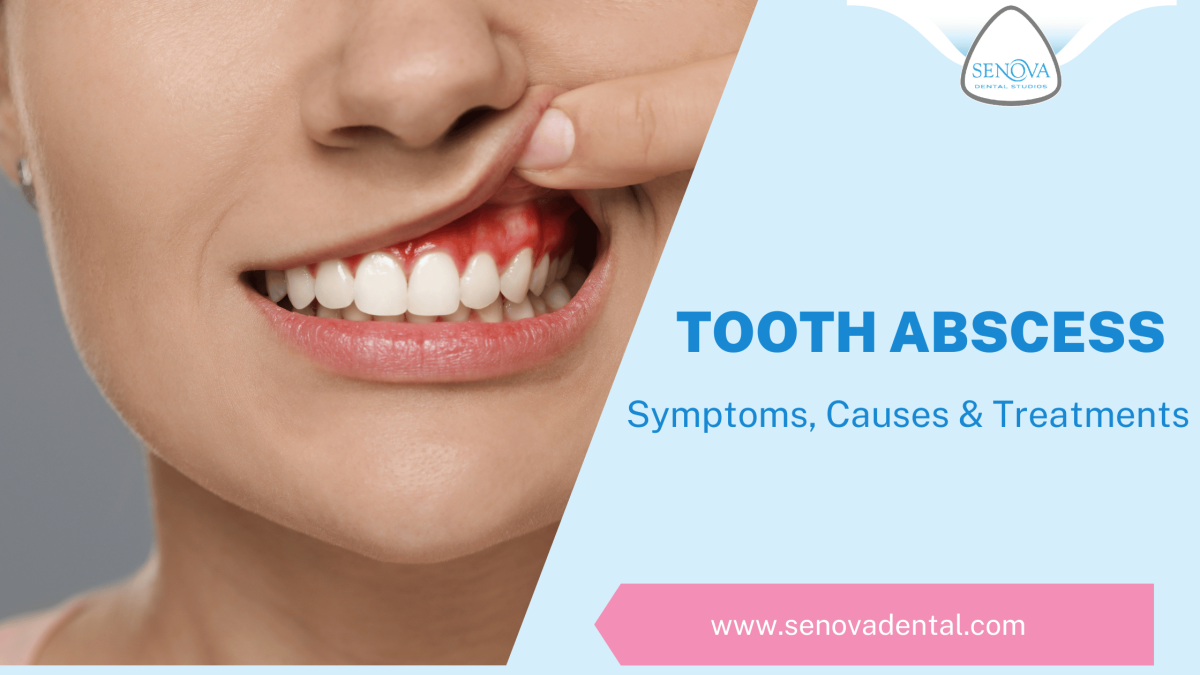
Have you ever noticed that whenever your dentist talks about oral hygiene maintenance, they always stress flossing in addition to brushing your teeth? This is because flossing complements tooth brushing in keeping our teeth and gums healthy. The American Dental Association recommends flossing at least once daily to ensure optimal cleaning and prevention against common dental issues such as gum disease and tooth decay.
But unfortunately, only a few people have the habit of flossing daily. According to a British Dental Health Foundation survey, one in three Brits admitted that they never flossed. But those who do floss are often confused about whether they should do it before or after brushing their teeth. If you are also searching for an answer to this question, then this blog is for you. So, read on to learn everything you need to know about dental flossing and the best time to do so.
What Is The Purpose Of Dental Floss And Flossing?
The bristles of a toothbrush are designed to ensure optimal cleaning on the flat surfaces of the teeth. However, a toothbrush cannot penetrate the tight spaces between the teeth, called the interdental spaces. If these spaces are not cleaned properly, they provide a favourable environment for harmful bacteria to cause periodontal disease or dental cavities. So, to prevent this, dentists recommend flossing.
A dental floss is a thread-like material that is used for cleaning between the teeth. A floss can effectively remove plaque deposits from the interdental spaces and prevent various dental issues. Your dentist or hygienist can guide you about the best way to floss your teeth.
Is It True That Flossing Your Teeth Is Not Really Necessary?
Many people think that flossing is not necessary if they brush their teeth regularly. Unfortunately, this is a wrong assumption. Dentists recommend both brushing and flossing as a means to prevent tooth decay, gum disease, and other dental issues such as bad breath and tooth loss.
Do You Have To Floss If There’s No Visible Food Under The Teeth?
Whenever we eat or drink anything, a fine layer of food debris forms on our teeth. This layer can only be removed through regular brushing and flossing. It is very difficult to see with the naked eye if there is any remnant food under your teeth. Dentists use special instruments to look for plaque deposits in the interdental region. So, one should never skip flossing if they think that there are no plaque deposits under their teeth.
Why Is Flossing Important For Dental Health?
Flossing, combined with tooth brushing is an effective way to prevent dental problems. Brushing our teeth helps remove plaque deposits from the easily accessible tooth surfaces. On the other hand, flossing helps remove plaque from difficult-to-reach interdental spaces in the teeth. So, both flossing and brushing go hand in hand to keep us healthy and smiling.
Do You Need To Floss Every Night Or Can You Skip it?
Flossing should be an essential part of everyone’s daily oral hygiene routine. So, one should not skip flossing their teeth even for a day. However, it is not necessary whether you floss during the day or night. What is important is that you floss at least once daily.
Does Flossing Actually Help Your Teeth And Gums? How?
A tooth floss helps remove plaque from the interdental spaces, which is the precursor to all kinds of dental issues such as gum disease, halitosis, and dental cavities. So, according to the NHS, when we floss, we remove the plaque deposits and significantly reduce common dental issues. So yes, flossing does help keep our gums and teeth healthy.
Does Flossing Create Gaps Between Teeth?
A dental floss is a thin string that is inserted between the interdental spaces to remove plaque deposits. The thickness of dental floss is so low that it will not exert pressure on the adjacent to unnecessary movement. So, there is no risk of the development of gaps between the teeth if flossing is done properly.
How Does Flossing Help Your Bad Breath?
A common reason for the development of bad breath is plaque deposition on tooth surfaces. Harmful bacteria reside inside the plaque and utilise the sugars for their metabolism. In turn, they release harmful toxins that destroy the gums and cause gum disease. A common symptom of gum disease, apart from swollen and bleeding gums, is bad breath. So, when you ignore flossing, you risk developing gum disease and bad breath.
Why Do I Have Bad Breath Even though I Brush Two Times Daily?
Yes, it is possible to have bad breath despite regular brushing. There could be many reasons for this problem. For example, bad breath can occur if you brush regularly but don’t floss. Similarly, bad breath could also be due to another underlying condition such as gastric or nasal issues. If you’re having bad breath despite taking care of your oral hygiene, you should consult your dentist for expert advice.
How Do You Avoid Bleeding When Flossing?
Bleeding usually occurs during flossing when we use excessive force or are not flossing the right way. So, it is best to learn the correct method of flossing from your dentist or hygienist before starting. In some cases, gum bleeding may also occur during flossing when there is an underlying gum disease. However, there is no need to worry; continue flossing your teeth and the bleeding should stop over a few days when your gum health improves.
Are you looking for the best dentist in Watford? Senova Dental is your best option for all kinds of dental procedures. You can request a free video consultation if you want to learn more about optimal oral hygiene care of the services offered at Senova Dental. We look forward to serving you!
- What Kind Of Dentist Does Implants? - December 1, 2024
- When Do Babies Start Teething? - October 26, 2024
- Is It Possible To Reverse Tooth Decay? - September 29, 2024




